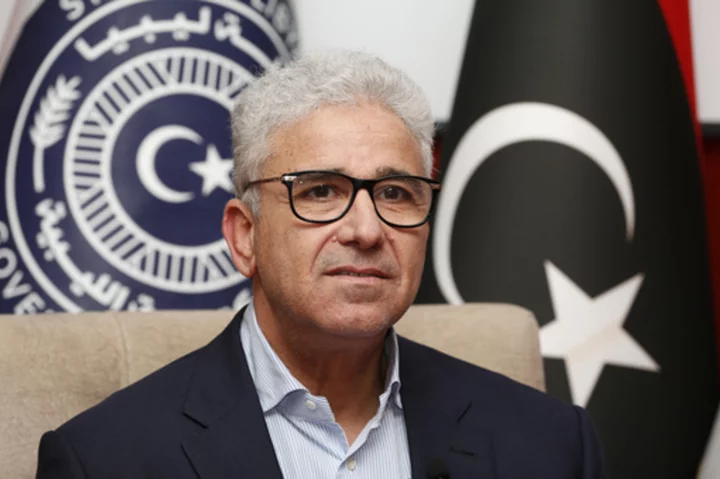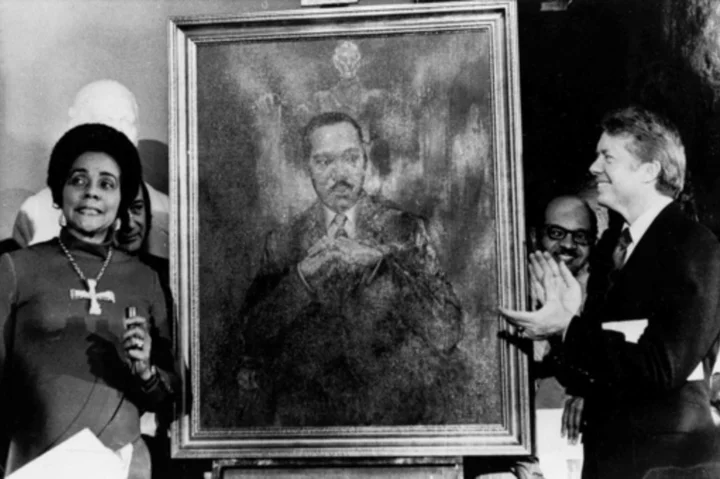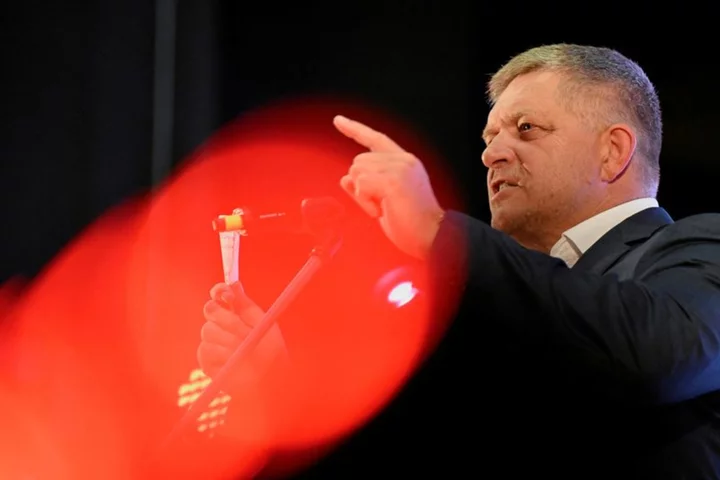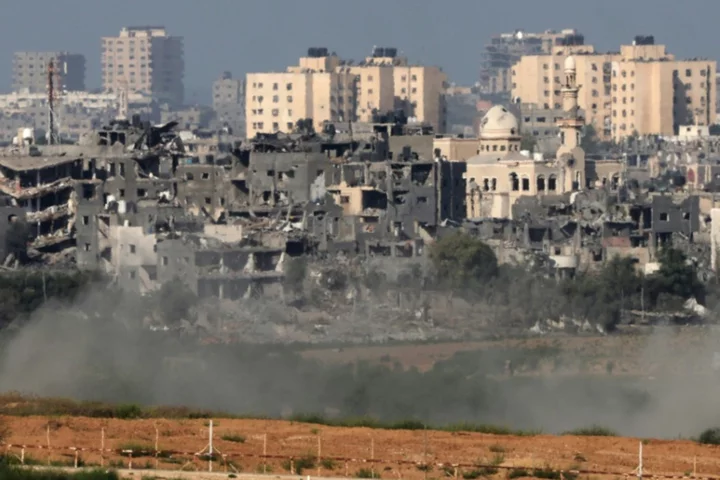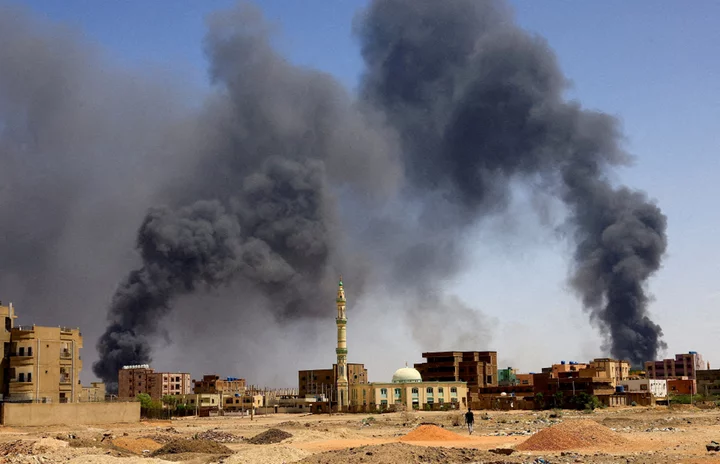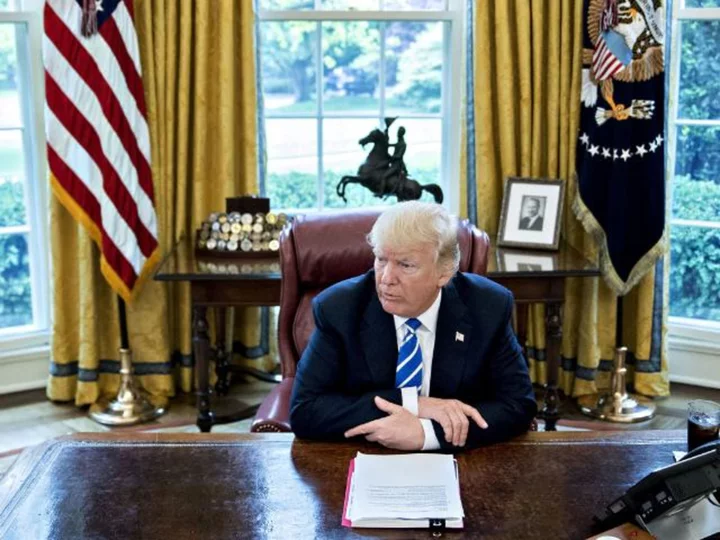CAIRO (AP) — One of Libya’s rival administrations voted Tuesday to suspend its prime minister, who has been placed under investigation, the parliament's spokesperson said.
Fathi Bashagha was prime minister of Libya's eastern-based parliament, known as the House of Representatives, which operates in Tobruk.
The reason for Bashagha's suspension and investigation was not immediately clear. Abdullah Belhaiq, the parliament spokesperson who made the announcement, did not immediately respond to a request for comment.
In his initial statement, Belhaiq said the House of Representatives finance minister, Osama Hamada, had taken over Bashagha’s duties.
Earlier on Tuesday, however, Bashagha issued a statement to the parliament announcing that he was passing his duties to Deputy Prime Minister Ali Qatrani. No further details were given. The conflict between the two statements could not immediately be reconciled.
Torn by civil conflict since 2011, Libya is divided between two rival governments, each backed by international patrons and numerous armed militias on the ground. Libya's Western government is based in the capital Tripoli and is headed by Prime Minister Abdul Hamid Dbeibah.
A U.N.-brokered process installed an interim government — with Dbeibah at its head — in early 2021 with the aim of guiding the country to elections later that year. The elections weren’t held following disagreements over several key issues, including the eligibility for presidential candidacy.
Bashagha, a former interior minister and air force pilot, was appointed prime minister of the east-based government by the House of Representatives in February 2022.
Months after his appointment, he tried to seat his government in the capital, arriving in Tripoli with a number of his Cabinet ministers. Clashes soon broke out between rival militias, forcing Bashagha to retreat to the city of Sirte.
While the precise reason for Bashagha’s removal remains unannounced, Jalel Harchaoui, a Libya specialist and associate fellow at the Royal United Services Institute, believes the suspended premier may have out-served his use to Khalifa Hifter, commander of the self-styled Libyan National Army. The group is the dominant armed force in the country's east and south.
Hifar and his family are seeking more influence in Tripoli and have been engaging in regular talks with Dbeibah’s nephew along with militia leaders from the west, Harchaoui said.
The U.N.’s special representative to Libya, Abdoulaye Bathily, unveiled a new initiative in late February aiming to usher the divided country to the ballot box before the end of 2023. Both parliaments have agreed upon a joint committee to draft electoral law for the vote, however, progress has since slowed.

